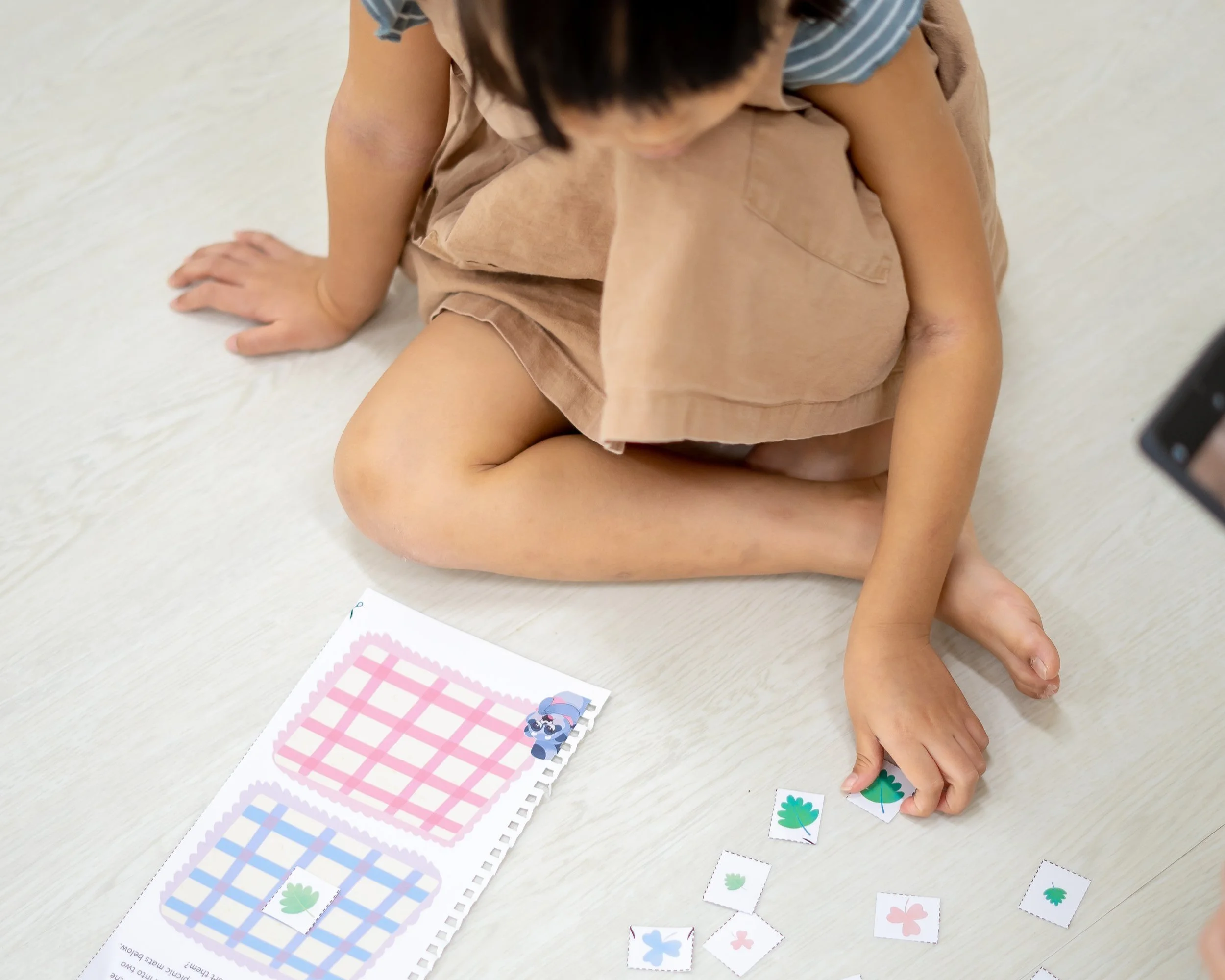Why It’s Important for Children to Learn How to Manage Their Time When They’re Bored and Alone
As parents, we’ve all heard the dreaded phrase, “I’m bored!” But what if we told you that boredom could be one of the most important tools for teaching your child valuable life skills? In today’s fast-paced, technology-driven world, it’s easy to fill every moment with entertainment or structured activities, but learning to manage their time when they’re bored and alone is a skill that will benefit children throughout their lives. Here’s why teaching time management in these moments is so crucial.
1. Builds Independence
When children are bored, they’re given the opportunity to be independent. Instead of relying on someone else to entertain them, they’ll learn to find their own ways to fill the time. Whether it’s building a fort out of cushions, drawing a picture, or making up a new game, boredom encourages kids to think on their own and take initiative. This independence not only helps them feel more confident but also nurtures their decision-making skills, which will be essential as they grow older.
2. Boosts Creativity & Exploration
Sometimes, the best creative ideas come from moments of boredom. When children are left to their own devices, they start to explore new interests and develop their own hobbies. Rather than being spoon-fed ideas or content, they begin to tap into their imagination, experimenting with different ways to spend their time. This process can lead to discovering new passions and interests that they might not have explored otherwise. Whether it’s drawing, building, crafting, or playing pretend, boredom is the perfect playground for creativity to thrive.
3. Develops Self-Regulation & Focus
Managing their own time helps children develop essential self-regulation skills. When children are left alone with no immediate distractions, they have to learn how to structure their time, stay focused, and resist the urge to constantly be entertained. These moments teach them patience, persistence, and how to stick with something until they’ve completed it. Whether they’re working on a puzzle, reading a book, or simply daydreaming, children learn how to stay engaged in an activity without the need for constant external motivation.
4. Prepares Them for the Future
Time management isn’t just a skill for the present—it’s a skill for the future. As children grow, they will need to balance schoolwork, chores, hobbies, and social activities. Learning how to manage their time effectively when they’re alone gives them the foundation they need to juggle multiple tasks and responsibilities as they get older. By starting with small moments of boredom, children begin to understand how to structure their time in ways that work for them.
5. Encourages Rest & Mindfulness
In our fast-paced world, it’s easy to forget the value of quiet, downtime. But learning to sit with boredom also teaches children the importance of rest and mindfulness. Not every moment needs to be filled with activity. Sometimes, the most important thing children can do is nothing—and that’s perfectly okay. These quiet moments allow children to reflect, relax, and process their thoughts. It’s in these still moments that kids learn to appreciate the value of just being and develop the ability to find peace in their own company.
How to Encourage Time Management During Boredom
The next time your child says, “I’m bored,” resist the urge to immediately provide a solution. Instead, try asking them, “What can you do with this time?” or “What do you feel like doing today?” Encourage them to make decisions about how they’ll spend their time and give them the space to figure it out. You’ll be surprised at how quickly they start to engage with their own creativity and interests.
Of course, this doesn’t mean leaving them entirely alone or unsupervised. It simply means allowing them the opportunity to be responsible for their own time, even if it’s just for a few moments each day.
This could also be a good time to lay out some “invitations to play” - deliberate, open-ended arrangement of materials within the environment that could spark children’s curiosity and encourage exploration and play. Some examples could be a small stack of blocks or Lego bricks, an open book (like our Play & Learn Activity books), or colourful Play-Doh placed on a tray.
Conclusion
Boredom isn’t the enemy—it’s an opportunity for your child to grow, explore, and develop essential life skills. By teaching children how to manage their time when they’re bored and alone, we’re helping them become more independent, creative, and capable of handling whatever comes their way.
So the next time your little one says they’re bored, remember: this is the perfect chance for them to tap into their imagination, practice self-regulation, and learn the valuable skill of time management.
What does your child like to do when they’re bored?

